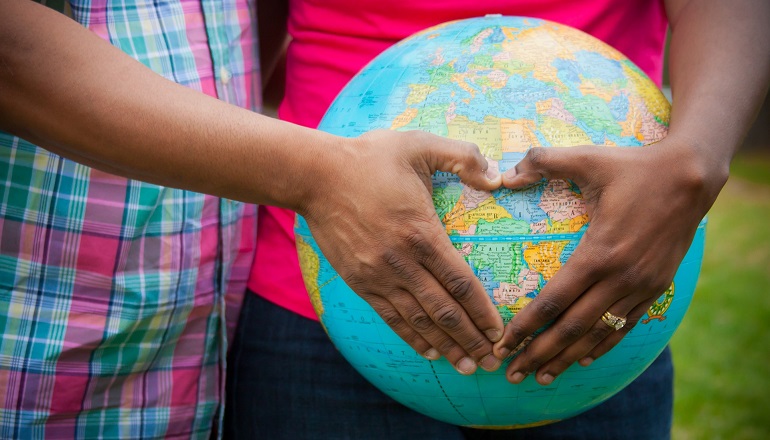New Haiti Adoption Procedures in Progress
The Haitian Central Adoption Authority, L’Institut du Bien-Etre Social et de Recherches (IBESR), is working to ensure a smooth transition for cases in progress before the Hague Convention entered into force. The U.S. Department of State (DOS) believes that families that had not been officially matched with a child by April 1, 2016, but were provisionally matched, will be allowed to complete their adoptions as transition cases. The DOS will provide updates as it learns more. Please monitor adoption.state.gov to stay up to date.
Beginning October 1, 2016, there will be a maximum quota for adoptions to the U.S. of one dossier/application from each adoption service provider (ASP) per month, as well as up to 10 additional applications per year for relative and special needs adoptions.
Uganda Changes Residence Requirement for Prospective Adoptive Parents
On March 2, Uganda passed the 2015 Children’s Act Amendment Bill that limits applications for legal guardianships to citizens of Uganda who have lived in Uganda for at least three continuous months, while shortening the residency requirement for foreign prospective adoptive parents from three years to one. The new law will also permit intercountry adoption only if a child has no known relatives, legal guardians, or foster parents and tightens restrictions for adoptive parents. The law was passed in response to fears of child trafficking and corruption since the number of intercountry adoptions has risen in recent years.
Kazakhstan Requests Outstanding Post-Adoption Reports
Kazakhstan’s Ministry of Education and Science has requested all outstanding post-adoption reports, including 237 that it has identified as missing. The reports are due every six months for the first three years after the adoption is finalized, and once a year until the child turns 18.
The country’s government has simplified the guidelines for the reports, no longer requiring translations, apostilles, or notorizations. The reports must include parents’ names, the child’s name, region of adoption, and several sentences on health and development, education, activities (sports, hobbies, and so on), and family adjustment, as well as photos.
See the Department of State notice for more specifics on what to include, as well as where families can submit their reports.



